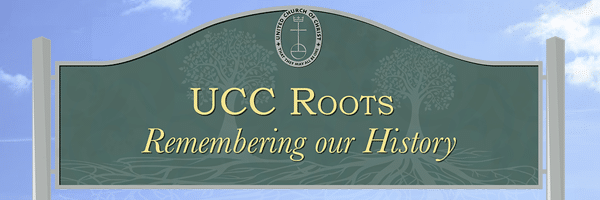Michael Schlatter: Organized Churches and Cultivated Relationships
 On August 6, 1746, an adventurous Swiss pastor arrived in Pennsylvania, eager to serve as a pastor to new German Reformed emigrants. He was born in 1716 in St. Gall, Switzerland, and attended the University of Leyden. Although his youthful wanderlust involved travel and teaching for some years, he eventually focused on ministry. His name was Michael Schlatter (1716-1790).
On August 6, 1746, an adventurous Swiss pastor arrived in Pennsylvania, eager to serve as a pastor to new German Reformed emigrants. He was born in 1716 in St. Gall, Switzerland, and attended the University of Leyden. Although his youthful wanderlust involved travel and teaching for some years, he eventually focused on ministry. His name was Michael Schlatter (1716-1790).
Initially Reformed church leaders in Holland sponsored Schlatter’s mission, charging him to establish needed patterns of “polity” (church organization) for North American Reformed churches. Although Schlatter was called to be a local pastor, his mission was also to help new churches cultivate wider relationships and patterns of accountability
Schlatter saw that many Christian groups were establishing districts, presbyteries and conventions during the colonial period. Survival depended on collaboration. Schlatter established the “Coetus” – a German word for synod or an assembly of pastors and lay people in a geographic region. Within a year after Schlatter’s arrival, the “Coetus” of German Reformed churches in Pennsylvania was established on September 24, 1747 in Philadelphia.
Schlatter expanded his vision. He met Lutheran missionaries and together they were able to heal long-standing theological disagreements between the Reformed and Lutheran groups. Schlatter supported the establishment of “union churches” –whereby Reformed and Lutheran churches shared buildings. Some “union churches” are still in existence.
After German Reformed churches united with German Evangelical churches in 1934, and in 1957 became part of the United Church of Christ, collaboration expanded. In 1997, the Evangelical Lutheran Church in America (ELCA) and three Reformed denominations — the United Church of Christ, the Presbyterian Church (USA), and the Reformed Church in America formed a four-way relationship of “full communion” known as the “Formula of Agreement.” These denominations continue to honor common sacramental traditions and recognize each other’s clergy.
Michael Schlatter set the stage for ongoing ecumenical relationships 250 years ago.
Contributor: Caroline Dunleavy
Related News
A Moment of Silence
The weekend news was alarming. Two students shot and killed with 9 injured at Brown University...
Read MoreIn hope-filled worship service, UCC and United Church of Canada celebrate full communion past and future
On Saturday, Dec. 13, many from the United Church of Christ (UCC) and the United Church of...
Read More‘A Gift of God to the World:’ Christmas greetings from the General Minister and President
As Christmas quickly approaches, UCC General Minister and President/CEO the Rev. Karen Georgia...
Read More


